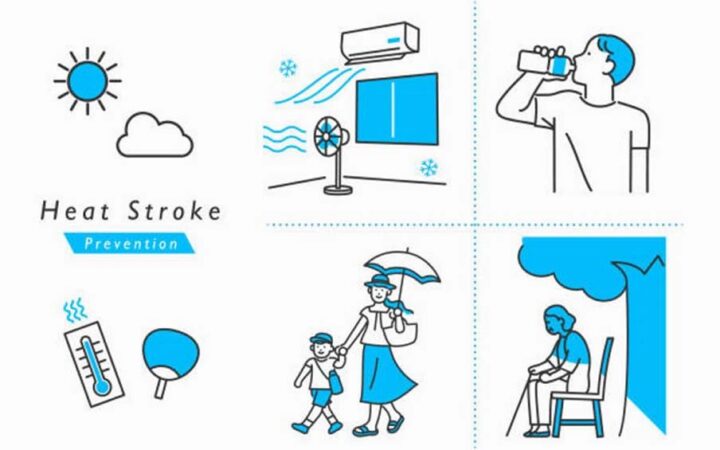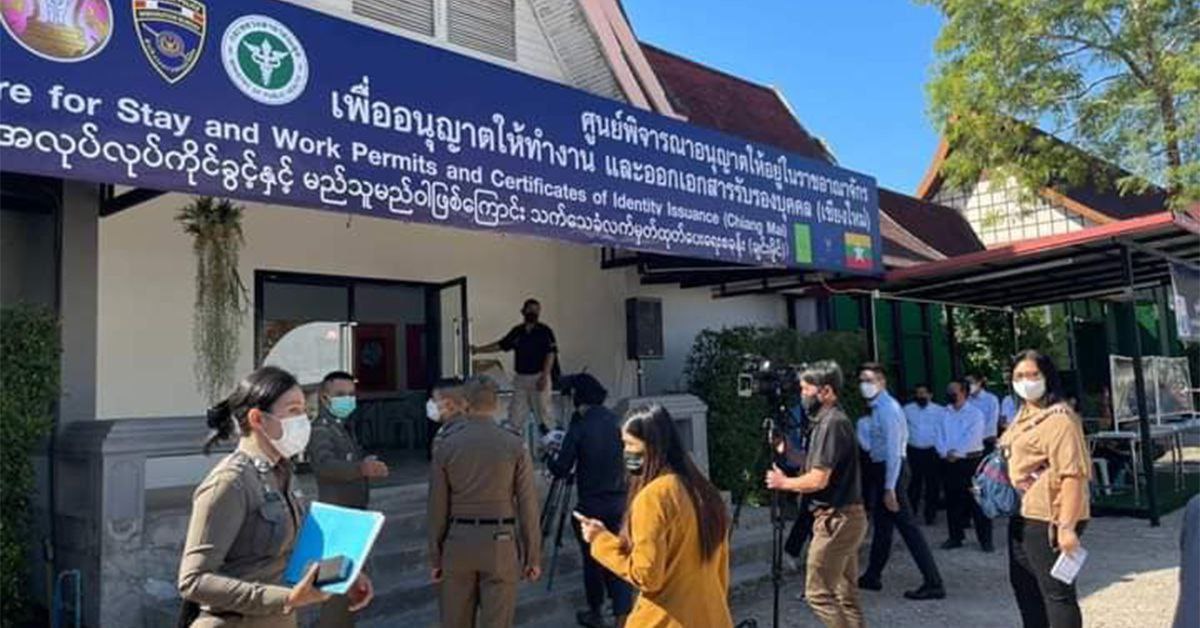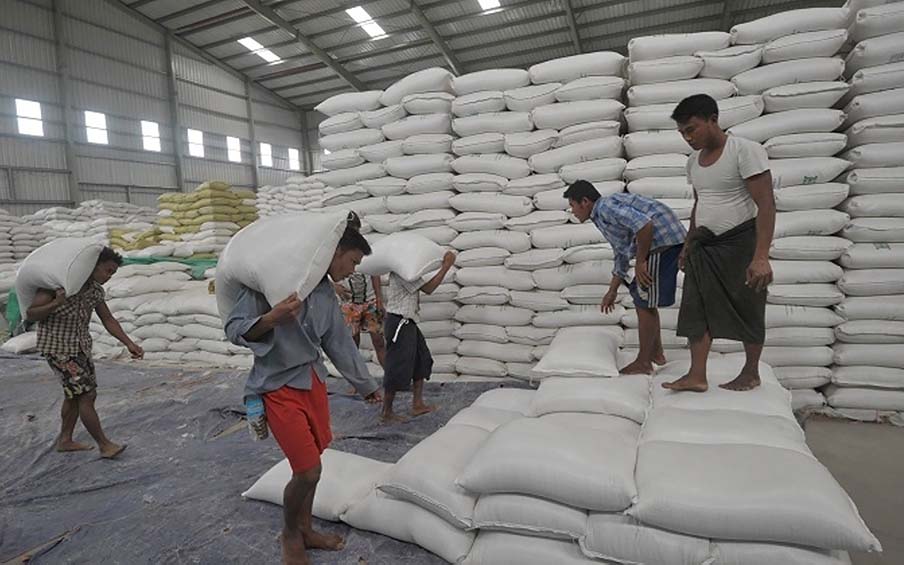Heat is the number one weather-related killer. Heat kills by pushing the human body beyond its limits. In extreme heat and humidity, evaporation is slowed, and the body must work hard to maintain an average temperature. Most heat disorders occur because the victim has been overexposed to heat or has over-exercised for their age and physical condition. Older adults, young children and those who are sick or overweight are more likely to capitulate to extreme heat.
The conditions that can induce heat-related illnesses include atmospheric conditions and poor air quality. Consequently, people living in urban areas may be at greater risk from the effects of a prolonged heat wave than those living in rural areas. Asphalt and concrete also store heat longer and gradually release heat at night, which can produce higher nighttime temperatures, known as the Urban Heat Island Effect.
A heat wave is an extended period of extreme heat and is often accompanied by high humidity. These conditions can be dangerous and even life-threatening for people who do not take precautions. Preparing for extreme heat is crucial for staying safe and healthy, especially as temperatures continue to rise due to climate change. The following are some advice to help you prepare: –
Stay Informed: Keep track of weather forecasts, especially during periods of extreme heat. Stay updated on heat advisories and warnings issued by local authorities.
Stay Hydrated: Drink plenty of water throughout the day, even if you don’t feel thirsty. Avoid alcohol and caffeine, as they can dehydrate you.
Stay Cool: If possible, stay indoors during the hottest parts of the day, typically from late morning to early evening. Use fans, air conditioning, or cool baths and showers to lower your body temperature.
Dress Appropriately: Wear lightweight, light-coloured, and loose-fitting clothing. This helps your body stay cool by allowing sweat to evaporate more easily.
Protect Your Skin: Apply sunscreen with a high Sun Protection Factor to protect your skin from sunburn, which can make it harder for your body to regulate its temperature.
Plan Outdoor Activities Carefully: If you need to be outdoors, try to schedule activities during the cooler parts of the day, such as early morning or late evening. Take frequent breaks in the shade or indoors to cool down.
Check on Vulnerable Persons: Keep an eye on children, the elderly, and pets, as they are more susceptible to heat-related illnesses. Make sure they have access to relaxed environments and plenty of water.
Avoid Strenuous Activities: Limit outdoor exercise and strenuous activities during extreme heat. If you must exercise, do it during cooler times of the day and listen to your body.
Know the signs of Heat-Related Illness: Familiarize yourself with the symptoms of heat exhaustion and heatstroke, such as heavy sweating, weakness, dizziness, nausea, and confusion. Seek medical attention immediately if you or someone else experiences these symptoms.
Prepare Your Home: Keep your home cool by closing blinds or curtains during the day and using fans or air conditioning. Consider installing window shades or awnings to block out the sun.
Stay Connected: Keep in touch with friends, family, and neighbours, especially those who may need assistance during extreme heat. Offer to check in on them regularly to ensure they’re doing okay.
By following this advice and taking proactive measures, you can better prepare yourself and your loved ones for extreme heat and reduce the risk of heat-related illnesses.
Reference
https://www.wunderground.com/prepare/extreme-heat















